I'm Yi, a UX Designer who thrives on learning and new challenges. I'm driven to understand users deeply and explore innovative ways to solve problems, creating digital experiences that are both functional and accessible.
Yi Yang
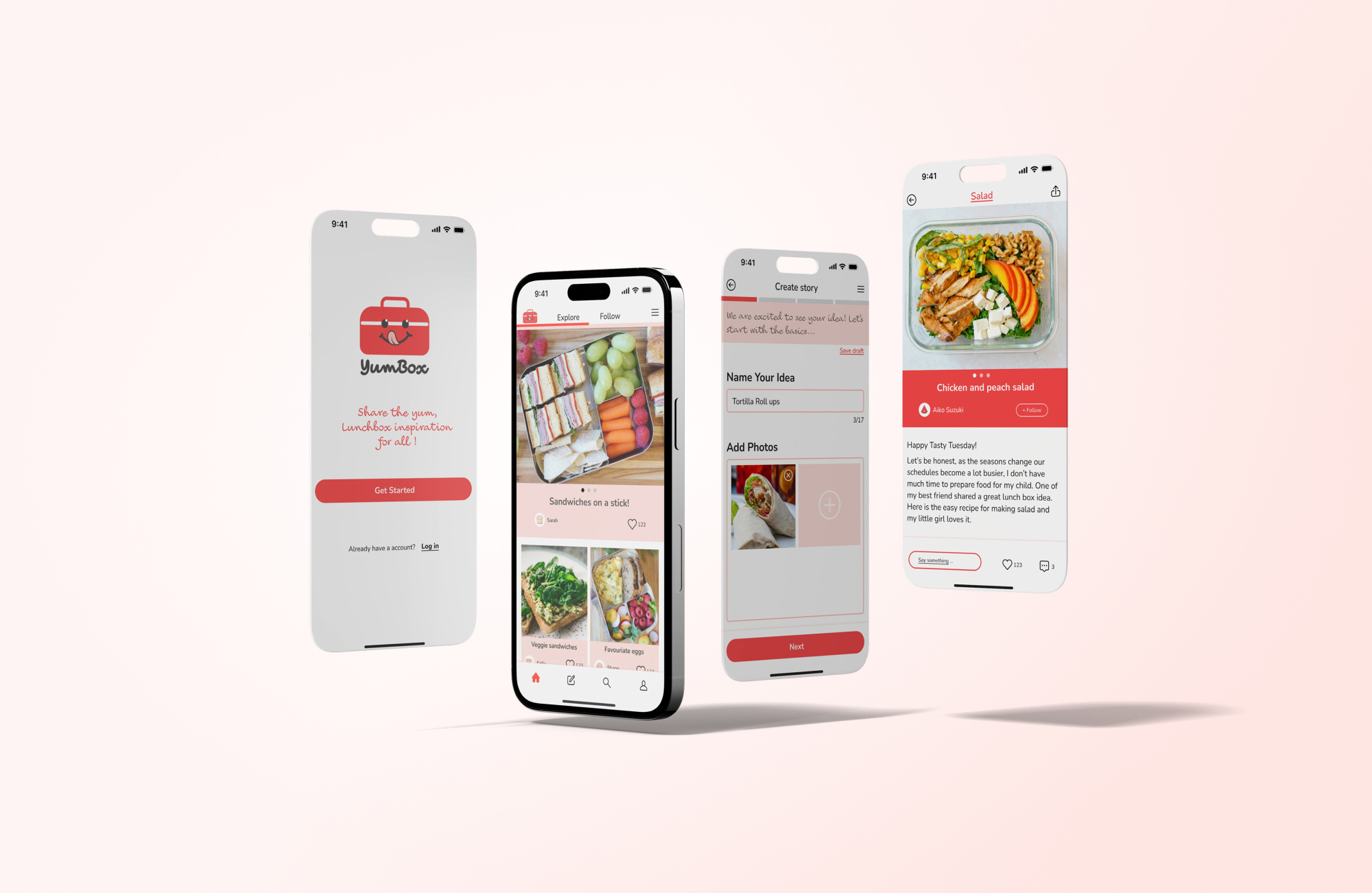
YumBox App
This app transforms the lunchbox routine from a chore to a shared joy. It's a collaborative platform for parents to find and exchange nutritious recipes and anecdotes, fostering a community around healthier eating.
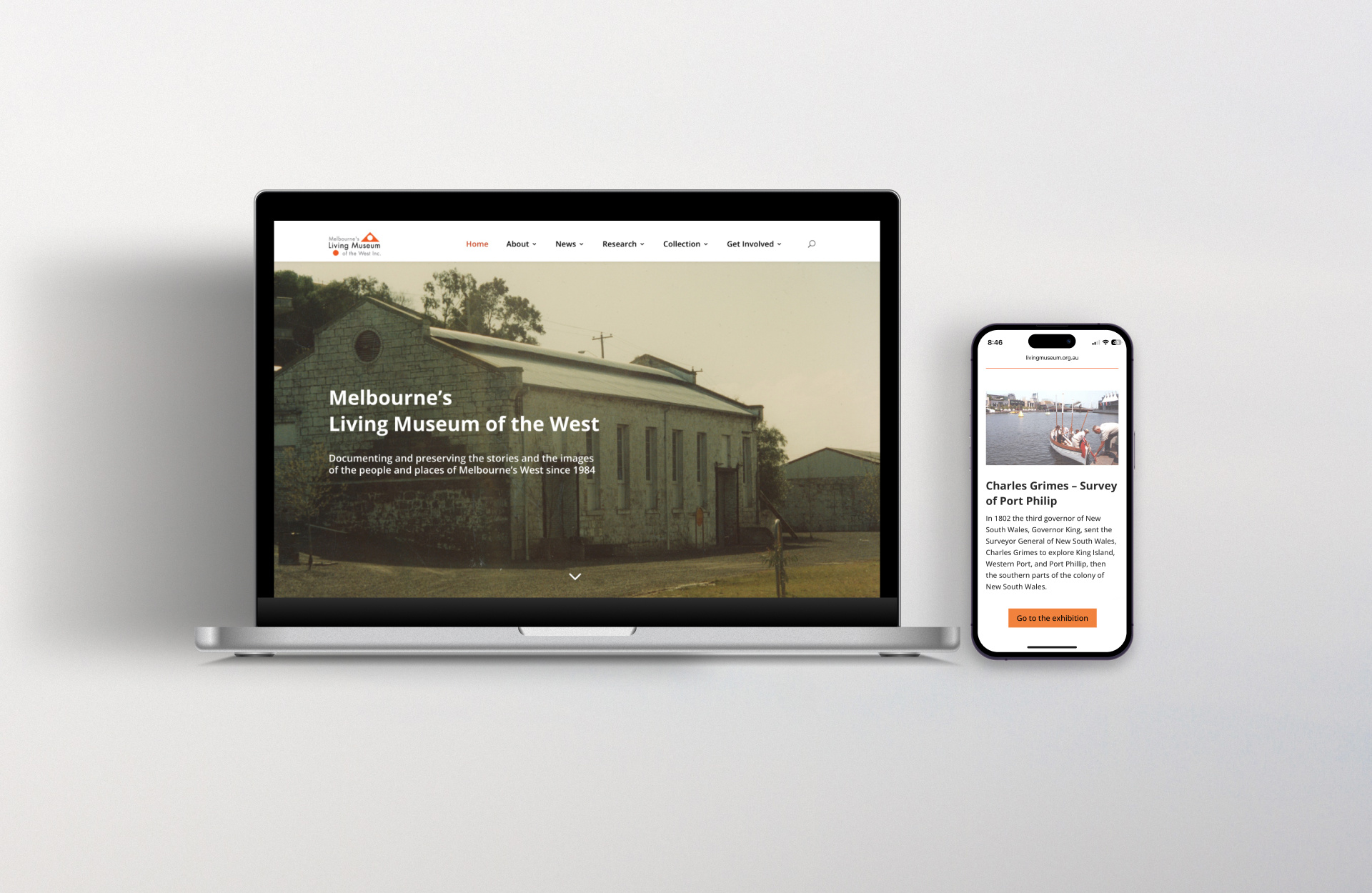
Living Museum of the West: Website Redesign and Build
This project was a complete redesign, restructuring all content and building a new, user-friendly website that is simple to maintain.
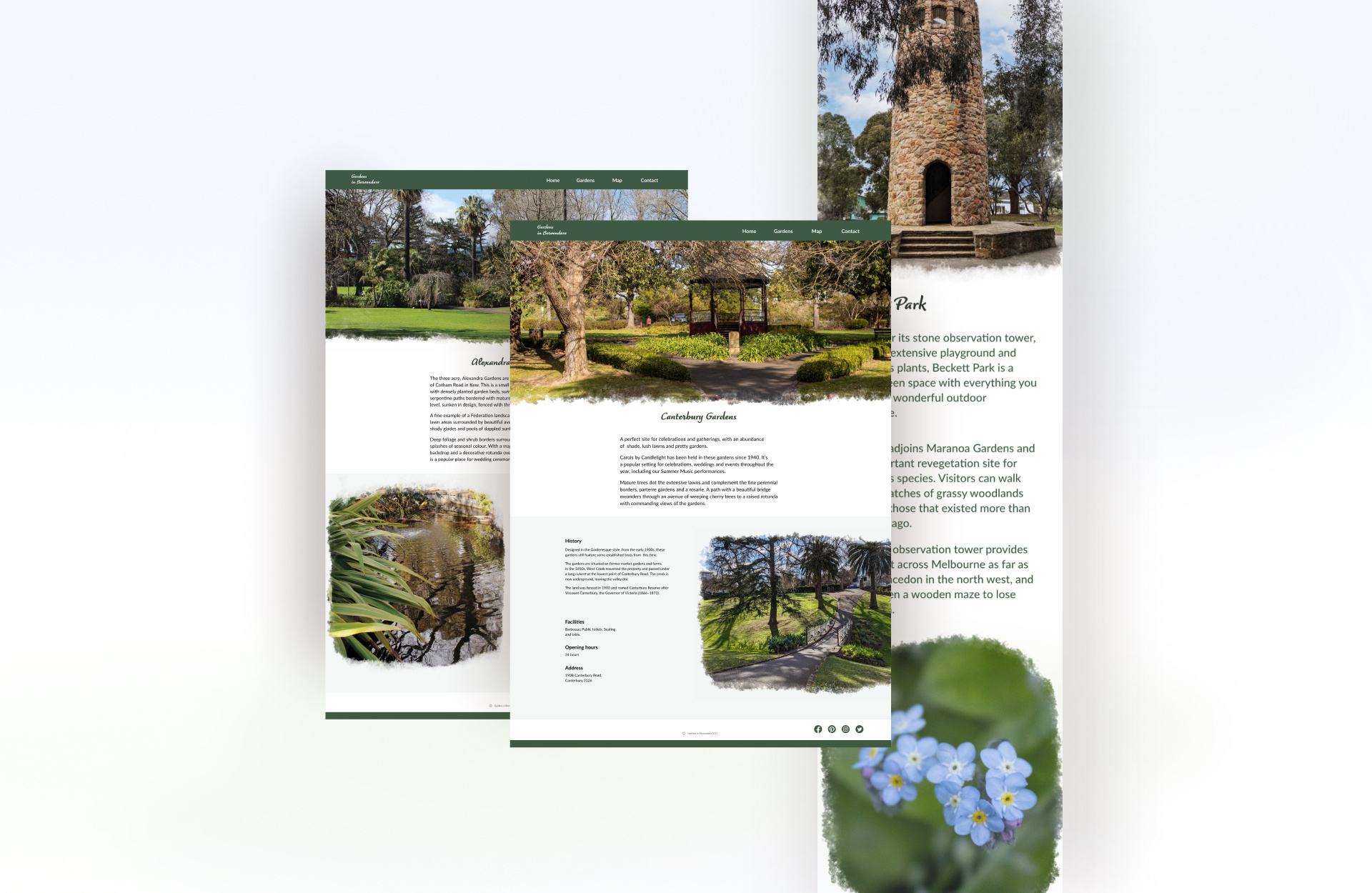
Tourist Guide Booklet and Website
A print and web project designed to attract domestic tourists to Boroondara's four most popular gardens: Alexandra, Canterbury, Maranoa, and Beckett.
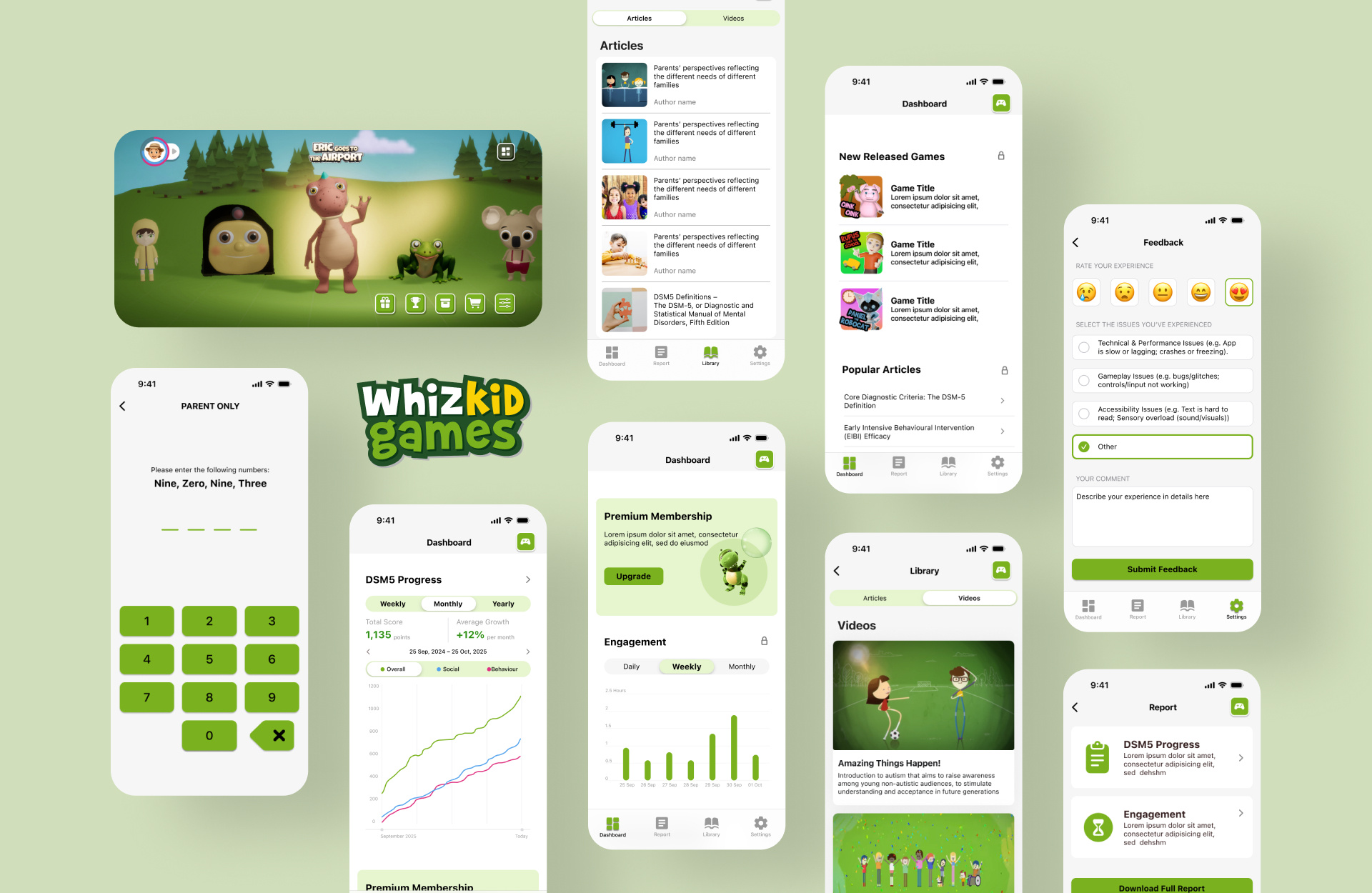
Whizkid Games (UX Enhancement)
As part of the UX team, I redesigned the Parent Portal and optimised game interfaces to create a more intuitive, autism-friendly experience for both children and their carers.
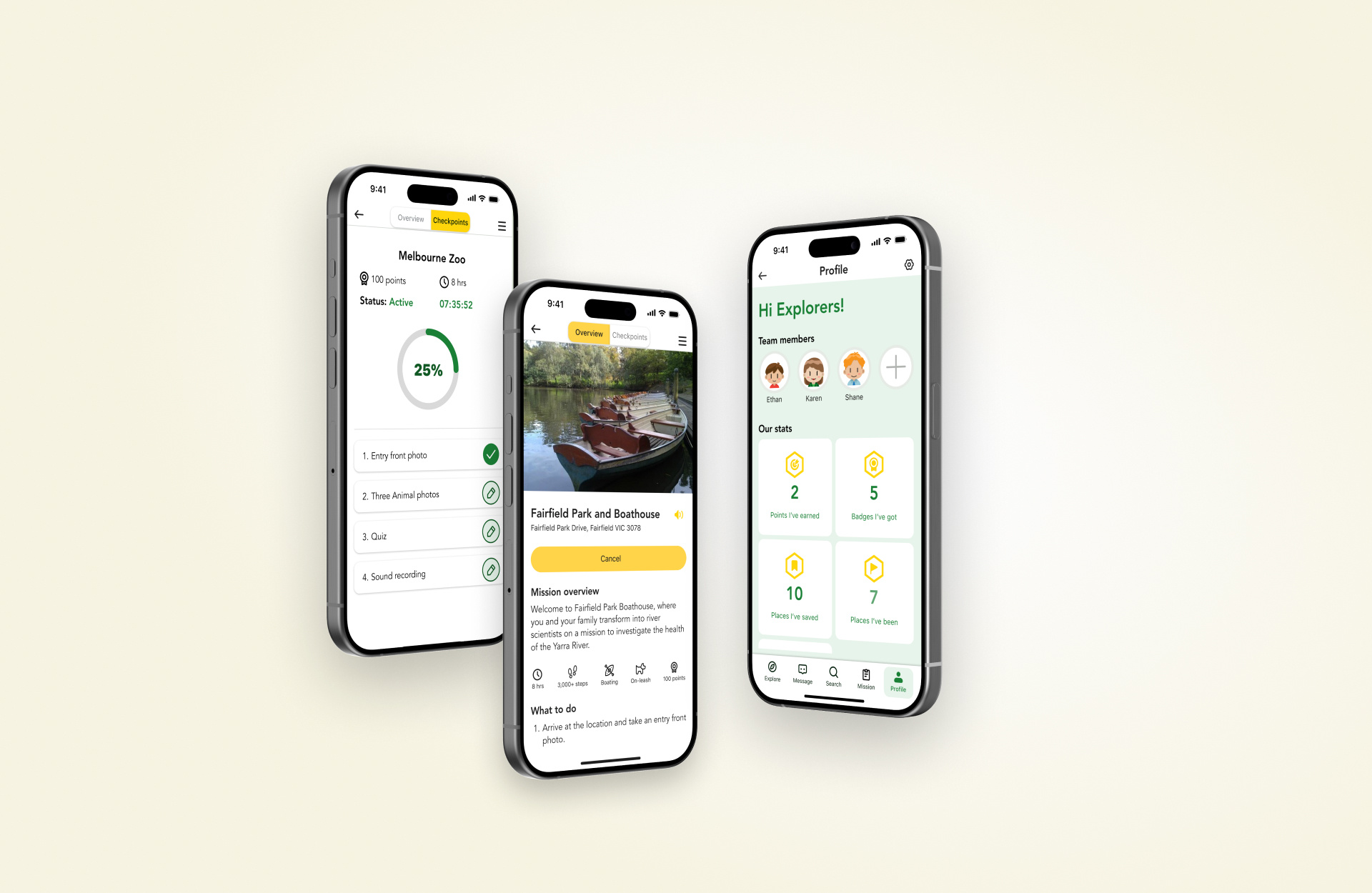
Explore Now App
A geolocated storytelling app designed to promote family bonding and outdoor physical activity through interactive, educational exploration.